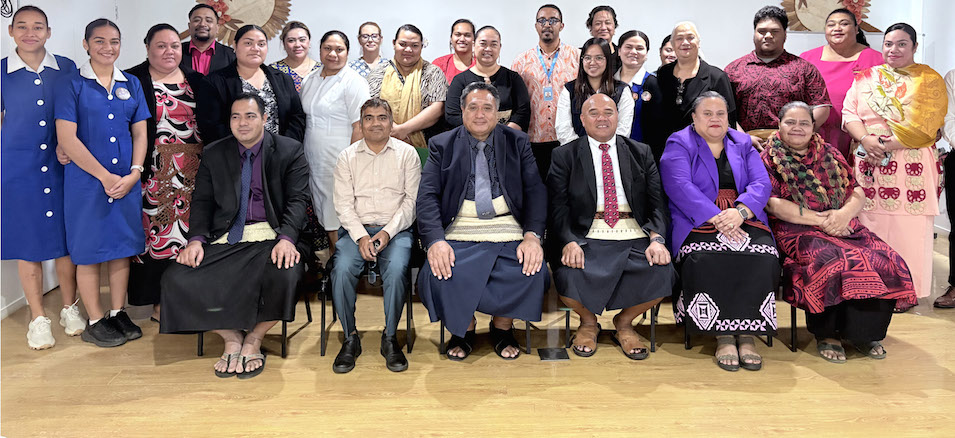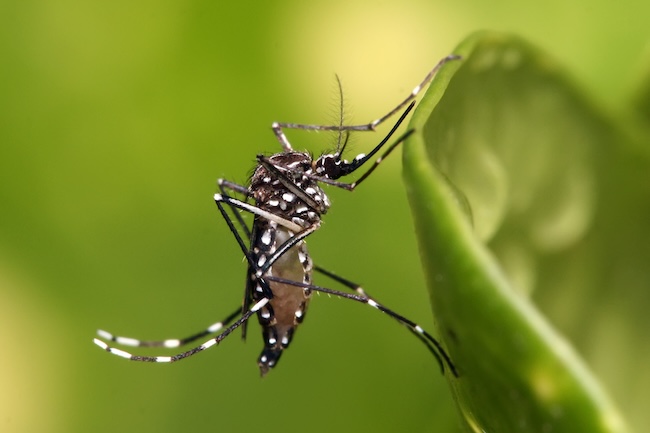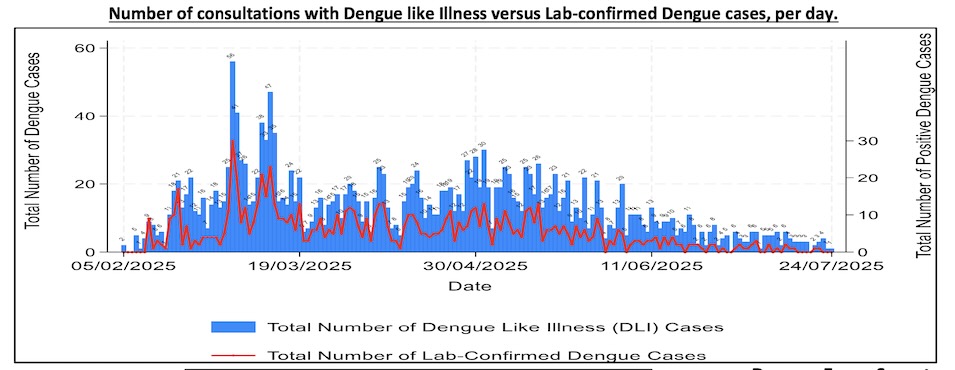
In the fight against a continuing Dengue Fever outbreak in Tonga, the Ministry of Health is urging every Tongan family to take responsibility and halve dengue cases before the next rainy season.
Dr. Reynold Ofanoa, CEO of the Ministry of Health, said collective action was important. He outlined a community-centred action plan, in an address during the release of the first Dengue Study.
This plan, which relies on the active participation of every Tongan, includes door-to-door visits by trained volunteers and Town Officers, 'mosquito-free' village cleanup drives, and the integration of these practices into everyday life. He urged every Tongan family to take responsibility and halve dengue cases before the next rainy season, emphasizing the importance of collective action. He also extended heartfelt thanks to UNICEF for its technical and financial backing.
By the end of July, over 900 dengue cases had been recorded by the Ministry of Health, in the current outbreak from 5 February 2025. A majority of confirmed cases were from Tongatapu (518), with Vava’u (312), ‘Eua (70), and Haápai (4). Three dengue-related death were reported to date.
The Dengue Knowledge, Attitudes, and Practices (KAPB) Study was produced in a collaboration between the Ministry of Health, the Tonga National University, and UNICEF.
Gaps in community knowledge
The study showed that 94% of Tongans recognize dengue, and 81% identify Aedes mosquitoes as its vector. However, Dr. Seini Toumoua Fifita, Head of the School of Health Sciences at Tonga National University, highlighted gaps in community knowledge, inconsistent preventive behaviors, and a need for renewed local engagement.

The study also noted challenges like inconsistent household cleanup, fragmented inspections, misconceptions about transmission, and strong cultural motivators, such as the belief that 'doing it for your family' drives collective action.
Dr. Giulio Masasso Tu’ikolongahau Paunga, Vice Chancellor of Tonga National University said the locally driven research marked the beginning of homegrown studies led by Tongans. He called on development partners to support Tonga National University’s growth and expansion, ensuring that future health and social research remains rooted in Tongan expertise and culture.
The study workshop held at House of Tonga in Nuku’alofa, was attended by representatives from the Australian and New Zealand High Commissions, JICA, WHO, UN Resident Coordination, and other development partners, with Ministry of Health department heads, deans, and faculty from Tonga National University, and students.
Mr. Mohammad Alamgir, UNICEF Pacific’s Social & Behaviour Change Specialist, commended the tripartite partnership for generating robust data to inform targeted health education campaigns and drive behaviour change.
Situation reports
The Ministry of Health is continuing to produce Situation Reports on the dengue outbreak, released by Dr Joseph Takai.
Their recommendations for the Public are:
- Continue to clean up and destroy mosquito breeding sites around the HOME and SCHOOLS. Empty old tyres and standing water containers regularly, minimum once a week.
- Wear appropriate clothing to minimize mosquito bites and use mosquito nets and repellents such as lotion and spray.
- While majority of dengue cases are mild and show no symptoms, the illness can become severe. Watch out for symptoms – High Fever (40°C) accompanied by two or more of the following: headache, nausea, vomiting, body ache and rash.
- Even after the fever has gone away, seek immediate medical assistance if you or someone has severe abdominal pain, persistent vomiting, bleeding gums, vomiting blood, rapid breathing, fatigue/restlessness.




